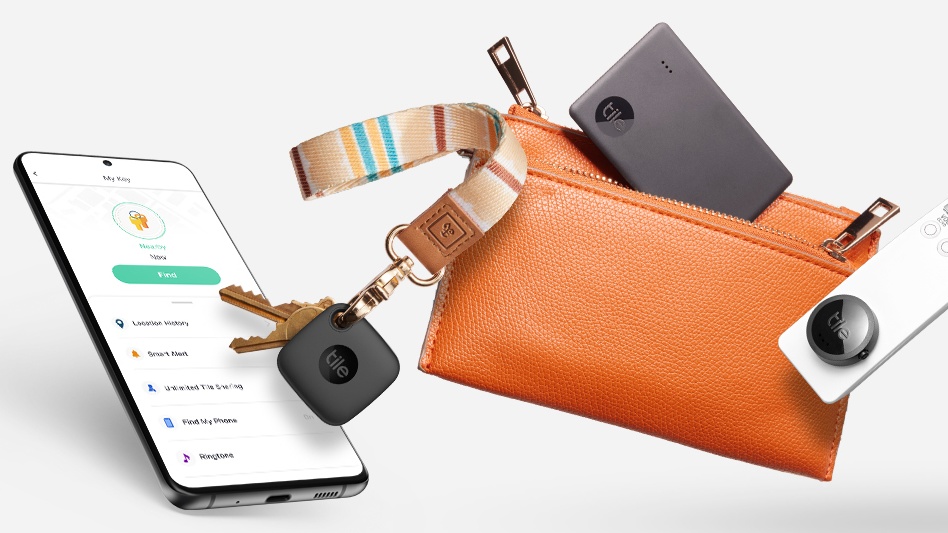With Bluetooth trackers like Tile, it’s easy to find lost things. Unfortunately, they can also be misused for illegal things. Tile’s new solution to this is a hefty fine. (Image: Tile)
With Scan and Secure, Android and iOS users can scan their surroundings for Tile trackers. The feature is intended to help locate such people if someone misuses them for stalking, for example. Unfortunately, the feature also makes it easy for thieves to locate and remove the Tile from their stolen property. The solution that Tile came up with? A new anti-theft mode with a $1 million penalty for misuse.
Tile works closely with law enforcement agencies
With other Bluetooth trackers, such as Apple’s AirTags, users are notified when a nearby tracker moves with them. This is to protect people from being followed or stalked unnoticed. However, if the tracker is part of stolen goods, such a notification makes it much easier for the thief to locate and remove the tracker. Some Bluetooth trackers from other manufacturers even emit a loud tone, making it even easier to spot.
more on the subject
Authorized receipt for miners or theft? Gamer buys $5,000 worth of graphics cards for $550
Tile’s new Anti-Theft mode disables Scan and Secure, so for now it’s no longer possible to spot it by scanning the environment. In order to prevent stalking and other abuses, users must register with their government-known identification number and agree to terms of service, which include a million euro fine, should the tracker be used for such purposes.
Tile also highlights that they have a strong willingness to collaborate with law enforcement agencies and by using Anti-Theft mode, one is willing to share personal information with them.
The new Anti-Theft mode makes your tiles invisible for the “Scan and Secure” function. (Image: Tile)
Anti-Theft mode has been distributed since today and should be available to all users in the coming weeks. This mode will also be available in Europey and on Tile’s website this is already widely advertised.
You can read here how Apple wants to make it harder to steal your iPhone:
This iPhone setting makes life difficult for thieves – this is how you prevent worse
What do you think of Tile’s approach here? Is this the right way to prevent stalking with Bluetooth trackers or do you think Apple’s method is better? And what do you think of the company wanting to share your data with law enforcement agencies? Tell us what you think about it in the comments!











